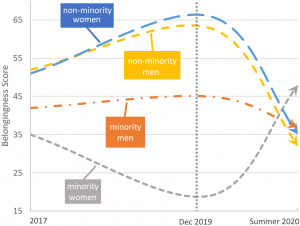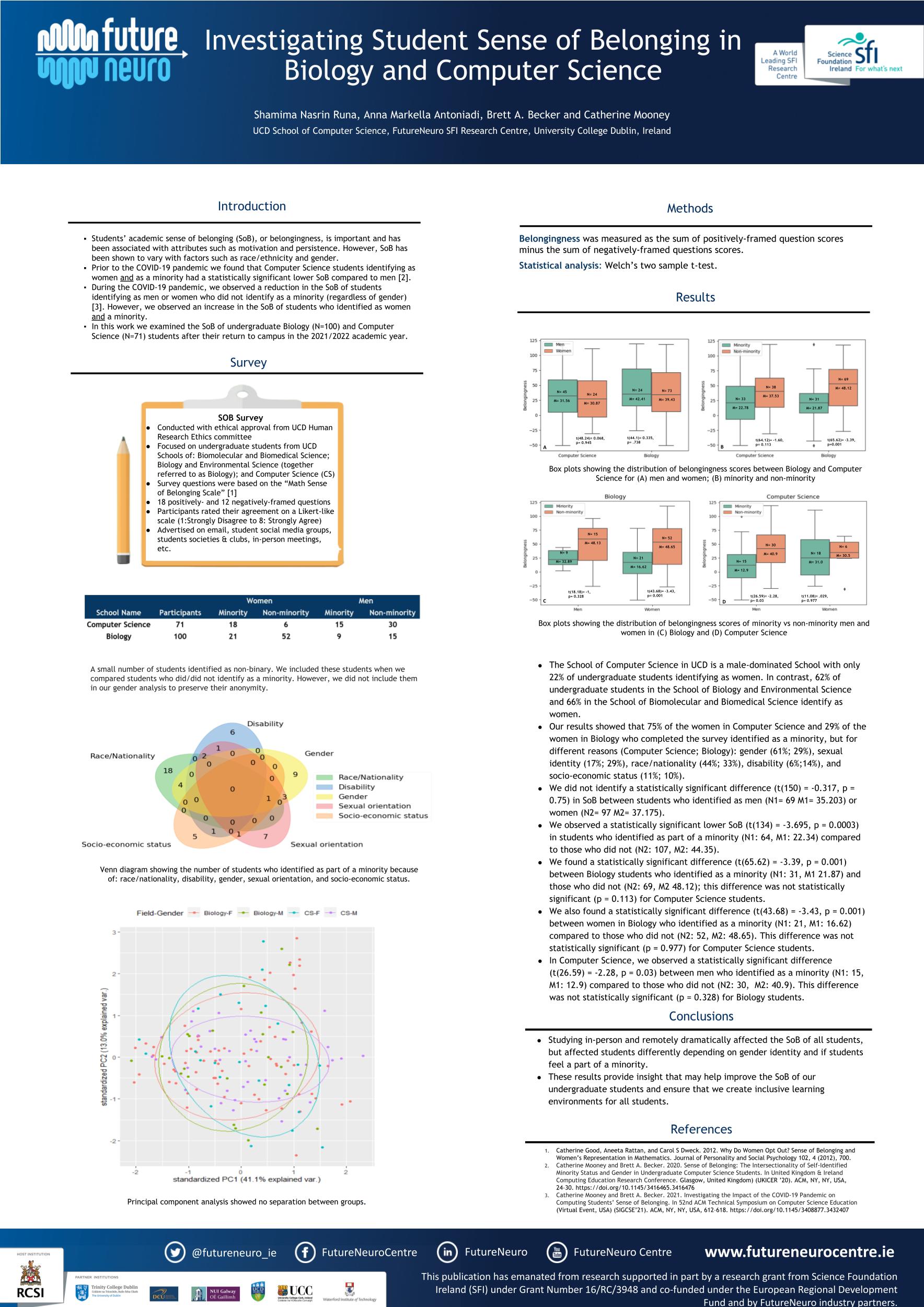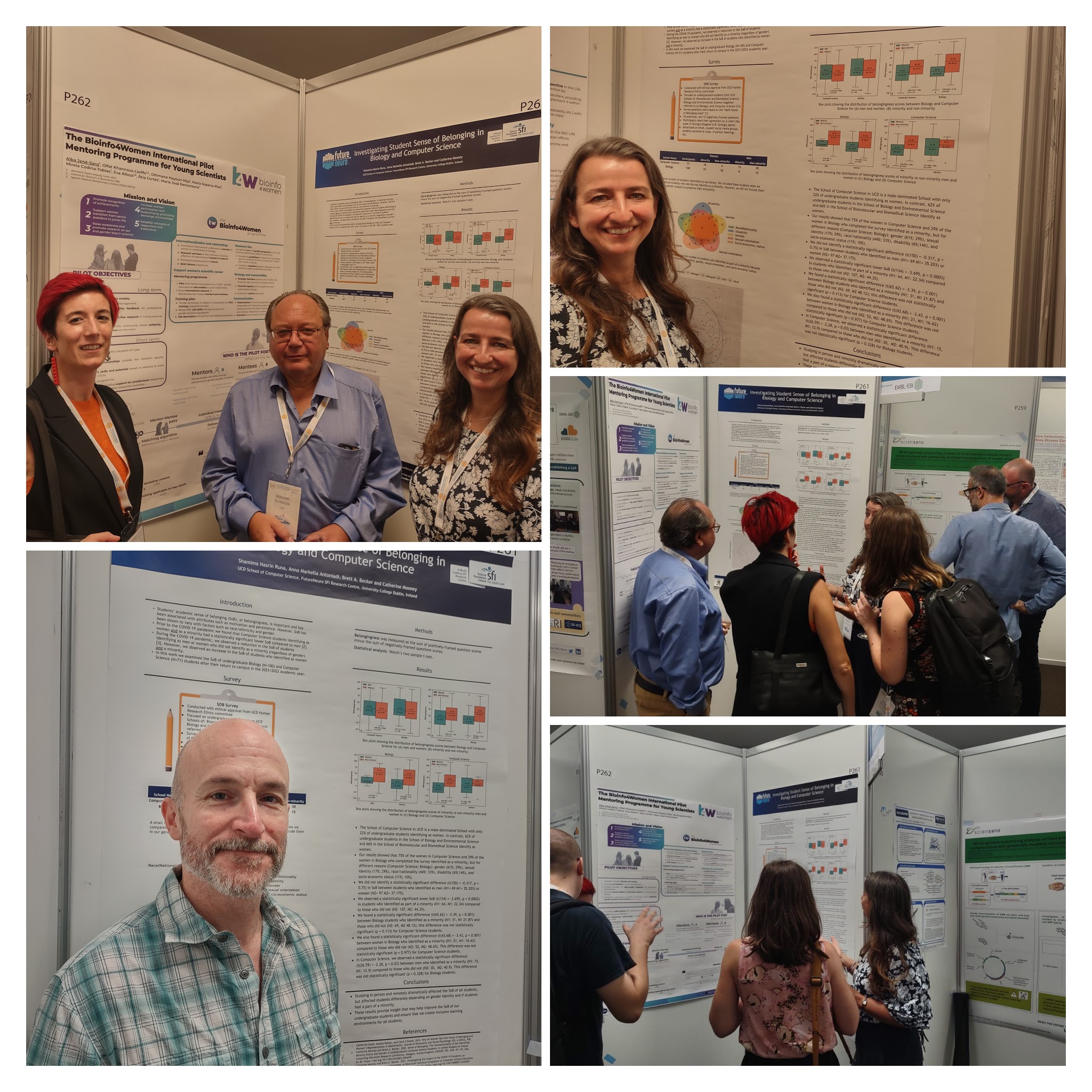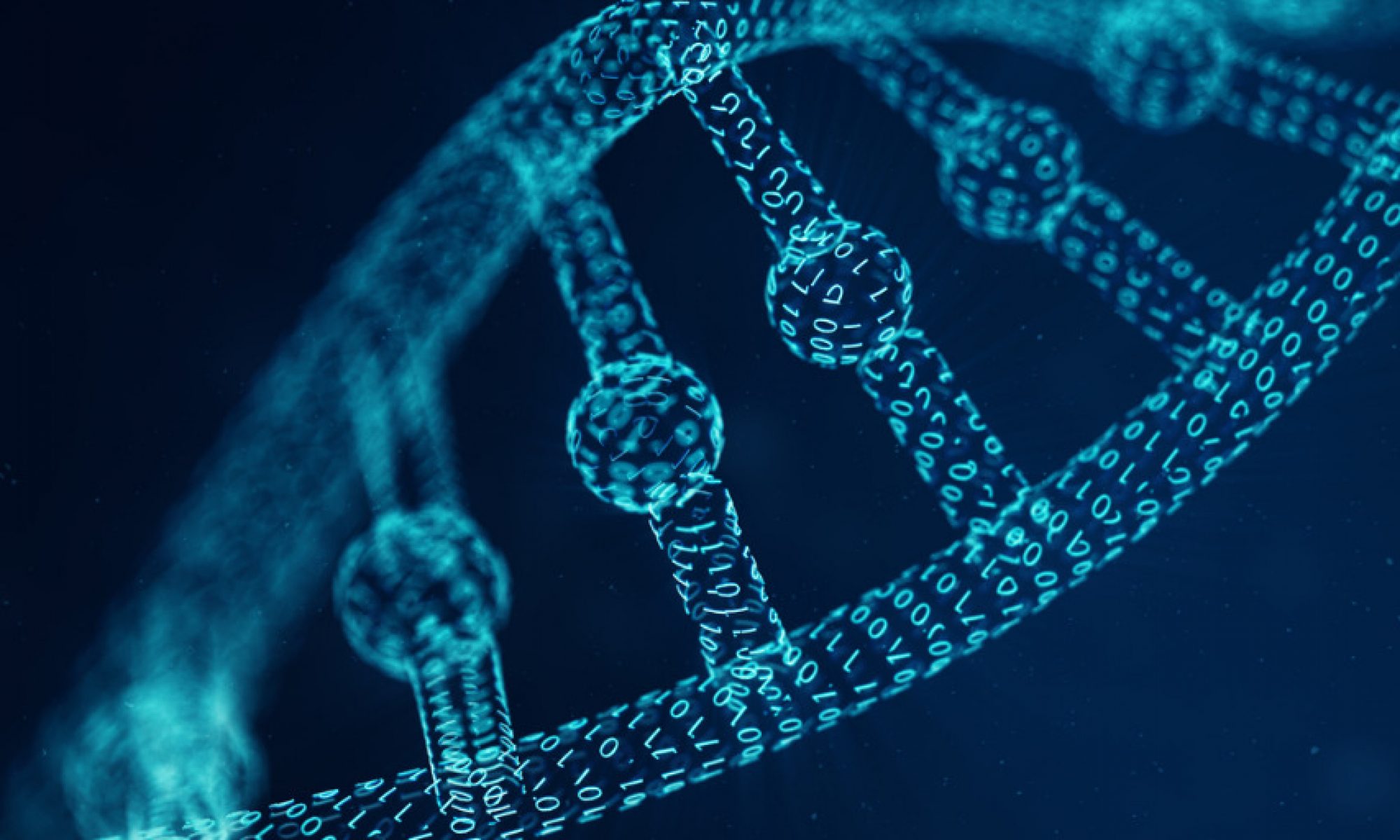We (Brett Becker and Catherine Mooney) are just “back” from the 52nd ACM Technical Symposium on Computer Science Education (SIGCSE TS) that was held virtually on March 13-20, 2021 (https://sigcse2021.sigcse.org/).
We presented a paper “Investigating the Impact of the COVID-19 Pandemic on Computing Students’ Sense of Belonging” which won a best paper award (https://dl.acm.org/doi/abs/10.1145/3408877.3432407).

Student sense of belonging has been shown to be associated with many attributes such as motivation and persistence. However, sense of belonging can show variations according to factors such as race and gender. In this study, we examined the impact that the COVID-19 pandemic has had on our students’ sense of belonging .
We found that:
COVID-19 had a larger impact on the sense of belonging of all students in the space of a few months than we otherwise observed over the two prior years.
Men and women who do not identify as being part of any minority appear to have had similar downward shifts in their senses of belonging. Although in our results only men showed a statistically significant decrease, the lack of a significant difference in women is likely due to sample size.
Men who do not identify as being part of any minority saw the largest statistically significant drop in belongingness post-COVID-19.
Women who do identify as being part of a minority had a large mean increase in sense of belonging post-COVID-19 although this was not statistically significant. Again, sample size may be a factor.
This study has provided us with important insight into how a shift to online learning affected the belongingness of our students. At this point we can only conclude that these effects are real, complex, and affect individual students and groups differently – some negatively. The mechanisms of these effects are not yet understood. Solid evidence of causation is likely to take time to establish. If others have observed similar trends at different institutions, working together would likely help us understand these issues better.
— Catherine Mooney




